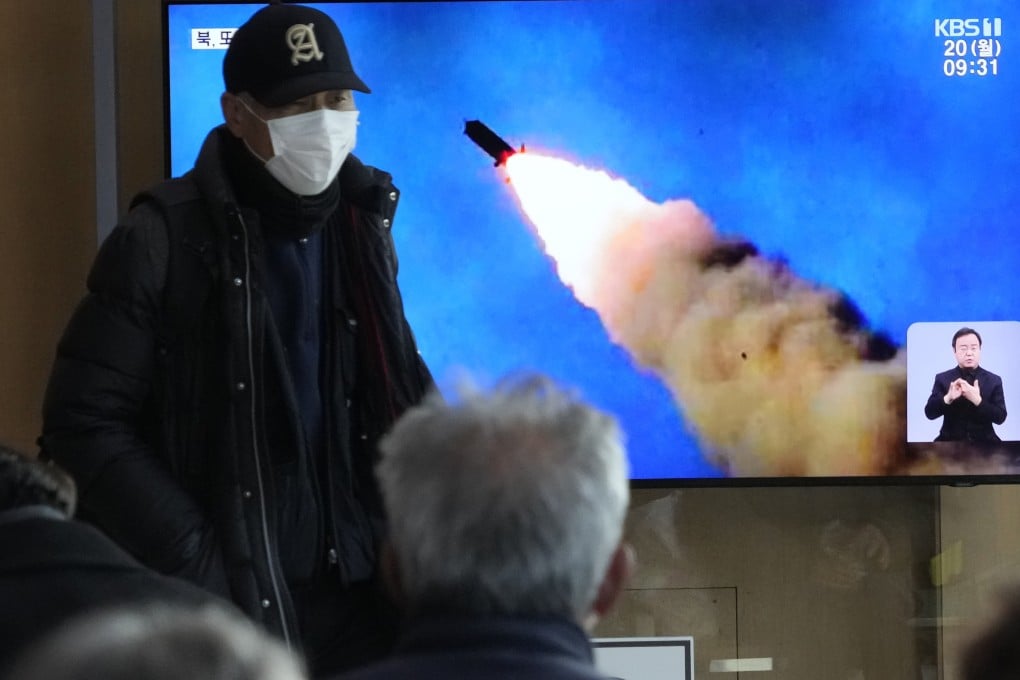Opinion | Looming Korean nuclear crisis shows world’s need for deep thinking like George Yeo’s
- North Korea’s nuclear development and South Korea’s interest in its own nuclear weapons programme bode ill for hopes of denuclearising the peninsula
- Bringing China and the US together to make the world safer requires sharp observations like those of Singapore’s former foreign minister

Geopolitical commentary can be invaluable, but not all analyses return good payback for your time and attention. Commentary that is done quick on the draw can lack perspective and twist in the wind; even those drawn from deeper wells can take too long to surface. Then there is a brand that says it knows what it thinks without knowing much at all.
These diplomats are respected across a global range of geopolitics and ideologies. Western journalists with the desire to want to know what Asians think would learn more from this quartet than from the usual sources.
Yeo, educated at Cambridge and Harvard, stitches his wide-ranging musings into a rich tapestry of conversational observations about people, places and policies which gives lie to the stereotype of little Singapore as some state asylum of mental provincials. His writings reflect almost everything under the sun with which his Singapore was involved during his career, which, as it turns out, was just about everything out there worth reflection.
